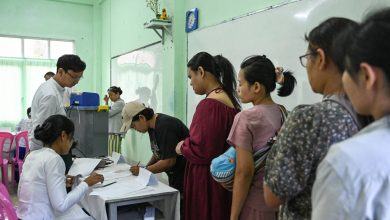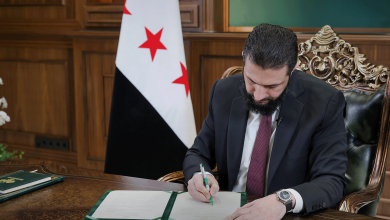In recent years, Arab intellectuals and well-meaning Western supporters have expressed their solidarity with the Palestinian cause, emphasizing that the Islamic Resistance Movement (Hamas) does not represent the Palestinian people. This narrative, often seen as an attempt to sanitize the Palestinian struggle for the international community, has had significant implications for Palestinian culture and identity.
Suppressing Resistance:
One notable incident highlighting this trend occurred three years ago at a Mediterranean film festival in Rome. The event’s organizers censored words from a resistance song in the film “Gaza Mon Amour,” deeming its lyrics too “violent.” This incident reflects a broader movement among Palestine’s friends who advocate for a more “refined” resistance, potentially devoid of the actual force historically associated with successful liberation movements.
The “Fragility” Poetry:
Despite the strategic importance of soft power in modern conflicts, the type of resistance promoted by some Western supporters often falls into the realm of passive, emotional appeal rather than active struggle. Poetry that speaks of love and yearning, while culturally rich, is not the “soft power” that’s likely to challenge or change the status quo. Yet, this is the type of cultural expression often selected by Western orientalists to represent Palestinian culture, perhaps in an attempt to humanize the struggle or emphasize its non-violent aspects.
Soft Power or Weakness?
The choice to showcase the most vulnerable aspects of Arab culture, often seen in carefully selected translations of Arabic poetry, raises questions about its effectiveness in garnering support for the Palestinian cause. While humanizing, these expressions do not necessarily convey the strength and resilience that characterize the Palestinian people’s long-standing resistance.
Leftist Duality:
Interestingly, the same left-leaning factions that condemn any form of armed resistance within the Palestinian context openly supported military resistance in places like Ukraine. This stark contrast highlights the duality in how resistance is perceived in different geopolitical contexts.
The narrative surrounding the Palestinian resistance is complex and often manipulated for various geopolitical reasons. While intellectuals and allies are crucial in bringing global attention to the Palestinian cause, it’s essential that the representation of Palestinian culture and resistance remains authentic and unfiltered. The strength of the Palestinian identity and the legitimacy of their resistance should not be understated in an attempt to fit a more “palatable” narrative for international observers. Striking a balance between humanizing the struggle and maintaining the integrity of the Palestinian people’s resilience is crucial for effective advocacy and genuine solidarity.



